 0
0
Products Description

Inconel alloy rods are widely used in the field of high temperature heating devices. This alloy is composed of nickel, chromium and other alloying elements and provides excellent high temperature performance, corrosion resistance and mechanical properties.
High-temperature heating devices are used in various industrial fields, such as petrochemical, energy, and aerospace, to heat, melt, and process various substances. Inconel alloy rods can maintain stable performance at extremely high temperatures and have excellent resistance to oxidation and hot corrosion. Therefore, in the manufacturing of high-temperature heating devices, Inconel alloy rods are widely used in key components such as heating elements, electric furnace coils and melting pools to ensure efficient and stable operation of the equipment.
In addition, Inconel alloy rods also have excellent corrosion resistance and can withstand corrosive media in high-temperature environments, such as acids, alkalis, and oxides. It can maintain the integrity and stability of materials in acidic and alkaline environments, extending the service life of devices.
At the same time, Inconel alloy rods also exhibit excellent mechanical properties and high strength. It can withstand the stress and vibration in high-temperature heating devices and has good resistance to fatigue and deformation. This makes it ideal for manufacturing critical components such as heating element holders, connections and fasteners.
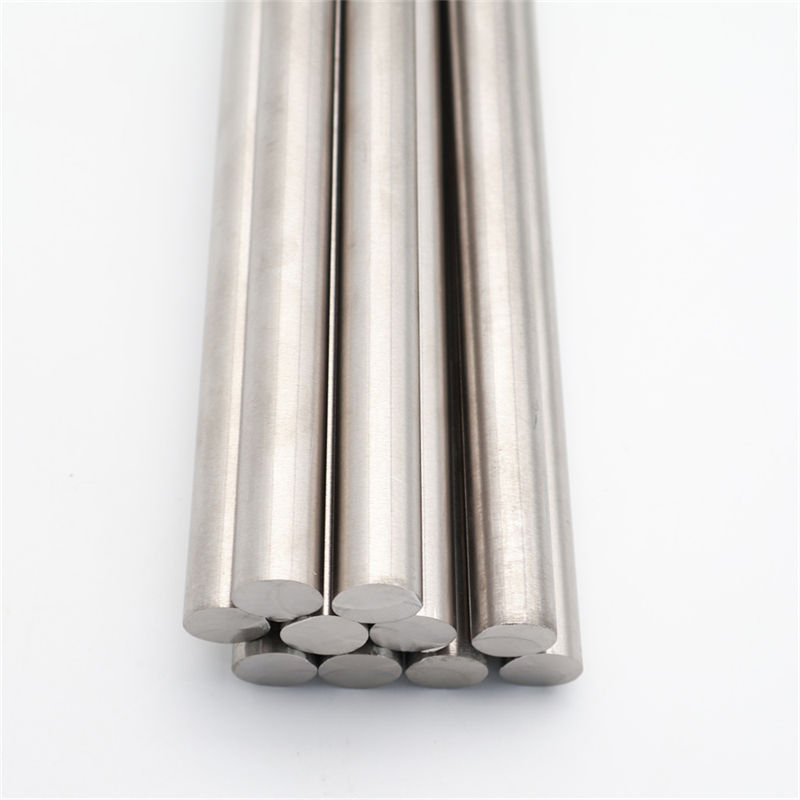
Parameter:

Item | Inconel 600 | Inconel 601 | Inconel 617 | Inconel 625 | Inconel 690 | Inconel 718 | Inconel X750 | Inconel 825 |
C | ≤0.15 | ≤0.1 | 0.05-0.15 | ≤0.08 | ≤0.05 | ≤0.08 | ≤0.08 | ≤0.05 |
Mn | ≤1 | ≤1.5 | ≤0.5 | ≤0.35 | ≤0.5 | ≤0.35 | ≤1 | ≤1 |
Fe | 6-10 | rest | ≤3 | rest | 7-11 | rest | 5-9 | ≥22 |
P | ≤0.015 | ≤0.02 | ≤0.015 | -- | -- | -- | -- | -- |
S | ≤0.015 | ≤0.015 | ≤0.015 | ≤0.015 | ≤0.015 | ≤0.01 | ≤0.01 | ≤0.03 |
Si | ≤0.5 | ≤0.5 | ≤0.5 | ≤0.35 | ≤0.5 | ≤0.35 | ≤0.5 | ≤0.5 |
Cu | ≤0.5 | ≤1 | -- | ≤0.3 | ≤0.5 | ≤0.3 | ≤0.5 | 1.5-3 |
Ni | ≥72 | 58-63 | ≥44.5 | 50-55 | ≥58 | 50-55 | ≥70 | 38-46 |
Co | -- | -- | 10-15 | ≤10 | -- | ≤1 | ≤1 | -- |
Al | -- | 1-1.7 | 0.8-1.5 | ≤0.8 | -- | 0.2-0.8 | 0.4-1 | ≤0.2 |
Ti | -- | -- | ≤0.6 | ≤1.15 | -- | -- | 2.25-2.75 | 0.6-1.2 |
Cr | 14-17 | 21-25 | 20-24 | 17-21 | 27-31 | 17-21 | 14-17 | 19.5-23.5 |
Nb+Ta | -- | -- | -- | 4.75-5.5 | -- | 4.75-5.5 | 0.7-1.2 | -- |
Mo | -- | -- | 8-10 | 2.8-3.3 | -- | 2.8-3.3 | -- | 2.5-3.5 |
B | -- | -- | ≤0.006 | -- | -- | -- | -- | -- |
Shape | Size (mm) |
Wire | 0.5-7.50 |
Rod/Bar | 8.0-200 |
Strip | (0.5-2.5)*(5-180) |
Tube/Pipe | Customized |
Sheet/Plate | Customized |
For more details, pls directly contact us.
Characteristic:

High temperature resistance: Inconel alloy rods can maintain excellent mechanical properties and corrosion resistance at extremely high temperatures, and are suitable for the manufacture of high-temperature heating devices.
Oxidation resistance: Inconel alloy rods can resist corrosion and ablation in high-temperature oxidizing environments and maintain the stable performance of the material.
Small thermal expansion coefficient: Inconel alloy rods have a relatively small thermal expansion coefficient, which can reduce thermal stress and thermal fatigue caused by temperature changes.
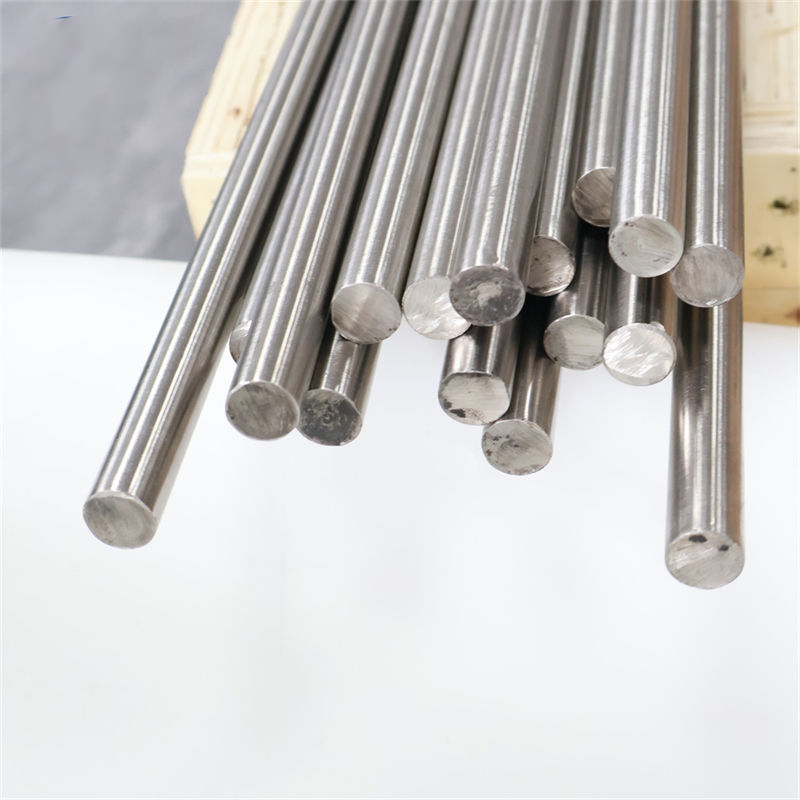
Advantage:

High-temperature stability: Inconel alloy rods can maintain stable performance in extreme high-temperature environments and are not easy to soften, melt or deform, making them ideal high-temperature heating device materials.
Corrosion resistance: Inconel alloy rods have excellent corrosion resistance and can work in high temperatures and corrosive media for a long time without damage, extending the service life of high-temperature heating devices.
Fast heating and cooling response: Inconel alloy rods have good thermal conductivity properties and can quickly respond to heating and cooling operations, improving the working efficiency and control performance of high-temperature heating devices.
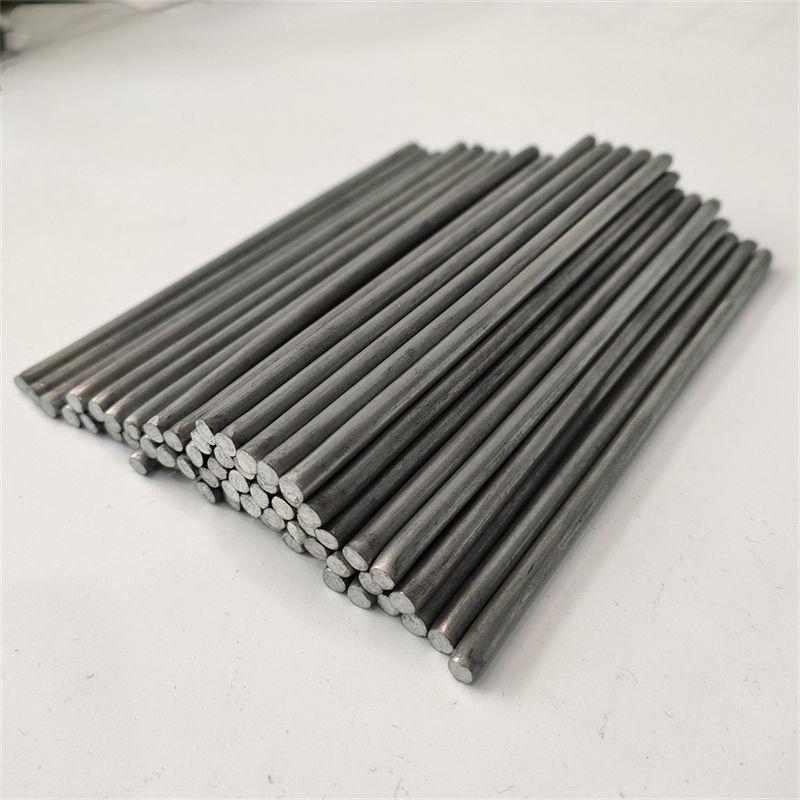
Specific applications:

Specific applications of Inconel alloy rods in the field of high-temperature heating devices include:
Stoves and Furnace Tubes: Inconel alloy rods are often used in the manufacture of high-temperature heating furnaces, heat treatment furnaces and industrial furnaces for heating the processing of metals, ceramics and other materials.
Combustion devices: Inconel alloy rods can be used to manufacture high-temperature combustion devices, such as gas turbine combustion chambers, industrial boilers and burner nozzles, providing reliable high-temperature combustion and corrosion resistance.
Crucibles and Reactors: Inconel alloy rods can also be used to manufacture high-temperature reactors, crucibles and catalyst carriers for high-temperature chemical reactions and catalytic processes.
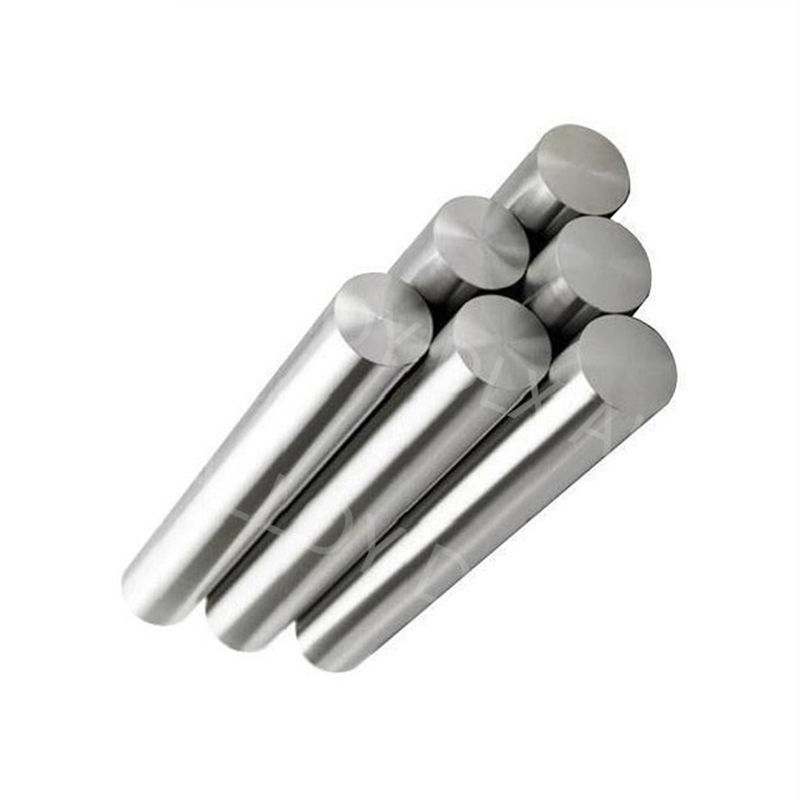
Q&A:

Q: How do the thermal expansion characteristics of Inconel alloy rods in high-temperature heating devices affect the design?
Answer: Since Inconel alloy rods have a relatively small thermal expansion coefficient, the thermal expansion characteristics of the material need to be fully considered during design to avoid thermal stress and thermal fatigue caused by temperature changes. Appropriate design and structure, such as adding material support or using compensation devices, are usually used to solve problems caused by thermal expansion.
Q: Comparison between Inconel alloy rods and tungsten alloy rods in high-temperature heating devices?
Answer: Compared with tungsten alloy rods, Inconel alloy rods have better corrosion resistance and thermal expansion characteristics, and can operate stably in a wider range of high-temperature environments. Tungsten alloy rods have higher melting points and better mechanical strength at high temperatures, but relatively poor corrosion resistance. Selection of appropriate materials should be evaluated based on specific application needs.
Q: What is the price of Inconel alloy rods?
Answer: Inconel alloy rods are usually more expensive due to their excellent properties and wide range of applications. Specific prices depend on factors such as alloy composition, material specifications, supply and demand. It is recommended to contact the supplier or manufacturer for accurate pricing information.
Q: How difficult is it to process Inconel alloy bars?
Answer: Inconel alloy rods are challenging to process due to their high strength and corrosion resistance. Its high hardness and heat resistance may cause tool wear and cutting difficulties during machining. Therefore, machining Inconel alloy rods generally requires the use of appropriate cutting tools and machining parameters, as well as experienced operators.
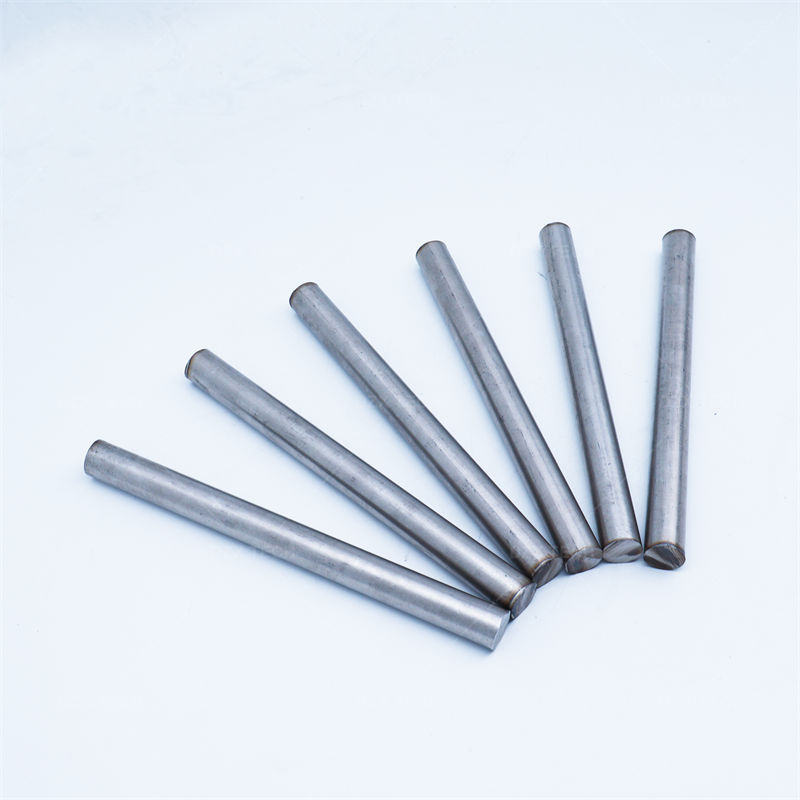
E-mail: Info@hulkalloy.com
Mobile: 0086 13852926463
Tel: 0086 13852926463
Whatapps: 0086 13852926463
Add: Renli Village, Fangxian Town, Danyang City, Jiangsu Province, China